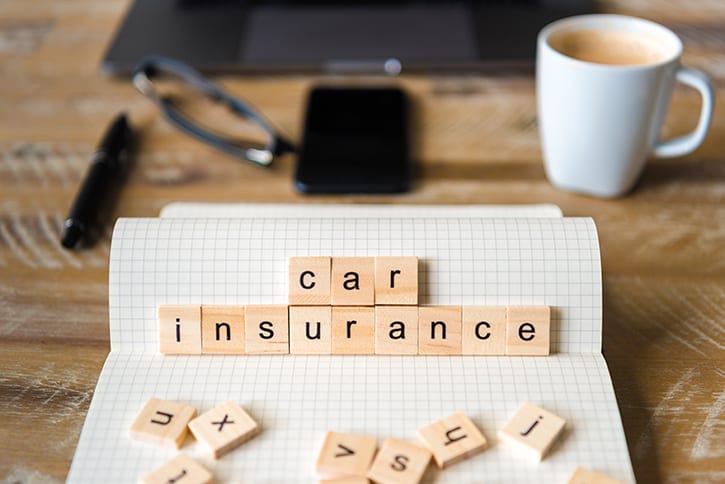There’s so much jargon to sift through in the world of auto insurance policies. Not to mention, there are a lot of coverage considerations to make, too. It can be confusing for the consumer. But if you’re putting a vehicle on the road, you need the protection. To get you started with your policy purchase consideration, here are 11 auto insurance terms you need to know:
- At-Fault Accident
An at-fault accident is a car crash that you cause—either partially or completely. Your liability insurance helps pay what you owe toward other people’s injury and property damage bills, plus your legal defense costs if you’re sued.
- Claim
The request you make for payment from your car insurer to cover vehicle repairs, injury treatment or other costs.
- Collision Coverage
This pays to fix your vehicle from physical damage if you cause a crash or have a one-car accident, such as hitting a tree.
- Comprehensive Coverage
Separate from collision, this physical damage coverage pays to repair your vehicle after incidents you do not cause or that are no fault of your own such as animal collisions and other situations like car theft, falling objects and fire.
- Deductible
The deductible is a predetermined amount your insurer deducts from your settlement for collision and comprehensive claims. If your car repairs cost $2,500 and your deductible is $1,000, your insurer will give you a claim check for $1,500. Deductible choices are often yours to make.
- Full Coverage Car Insurance
Full coverage implies a policy that includes liability insurance plus the physical damage coverages of comprehensive and collision. It does not mean you’re covered against any and all events.
- Liability Insurance
When you are responsible for others’ injury treatment and property damage for causing a crash, the liability portion of your policy responds. It’s also for your legal defense costs if you happen to be sued.
- Medical Payments Coverage (MedPay)
Ever heard of this? MedPay covers injury treatment for you and your passengers regardless of who caused the accident.
- Personal Injury Protection (PIP)
This is another coverage you may not know or understand. PIP pays for your injury treatment and that of your passengers regardless of fault and includes some costs that MedPay won’t cover such as lost income and physical therapy.
- State-Required Minimum
The state-required minimum is the lowest car insurance coverage and limit a state requires their residents to carry. Typically, these limits are low and not sufficient if you caused a large accident.
- Uninsured/Underinsured Motorist Coverage
If you are hit by a driver who lacks car insurance or has insufficient insurance such as in the case above, your uninsured/underinsured motorist bodily injury (UMBI/UIMBI) kicks in to pay for the treatment of your injuries and those of your passengers, while coverage for uninsured/underinsured motorist property damage (or UMPD/UIMPD) pays to repair your car.
The last one is an important, but often overlook protection, says Pam Hansen Alfred, a State Farm agent in Great Falls. Beyond the terms though, consumers need to purchase the appropriate limits they should have for their risk, she says. “It’s absolutely critical is that your liability limit should be around whatever your net worth is; so if someone wants to sue you, they don’t take your personal assets,” she says.
Pam Hansen Alfred’s office at 2817 10th Avenue South in Great Falls provides auto, home, business, property, life and health insurance. The Great Falls native has been a State Farm agent since 1986, and has a team ready discuss your coverage needs at 406-453-6010 or 800-823-3620.
Contact Us
2817 10th Ave S
Great Falls, MT
406-453-6010
Monday-Friday: 8:30am-5:30pm
Find us on Facebook
*About Sponsored Content
KRTV offers useful, valuable information from select sponsors on these pages. This content is not produced or endorsed by KRTV News. To learn more about being a Sponsored Content provider on this site, contact our digital sales specialists.



